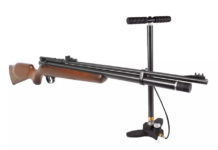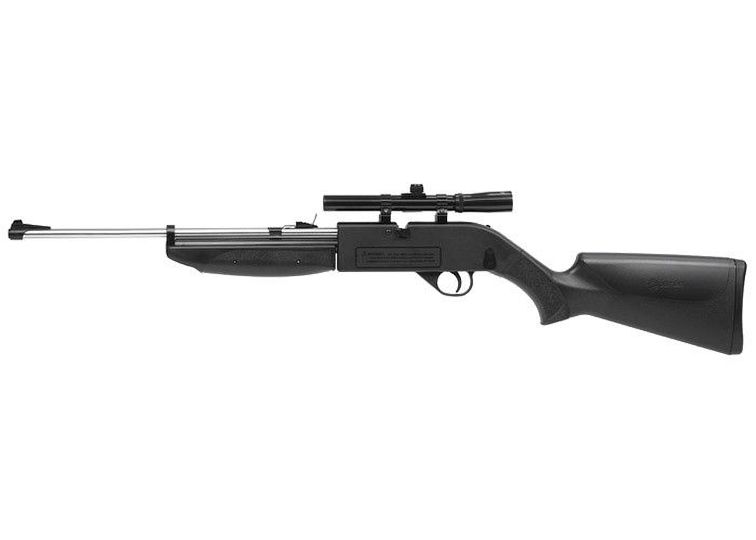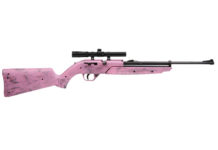If you have spent a long time out on the water trying to land that big fish – you will probably want to put an exact number on its weight.
Having reliable fish scales will make sure you get an accurate record of how much your catch weighs, so you have good information for bragging rights if nothing else.
In this article, we look at some of the best fish scales available, as well as share our thoughts on what to look for when choosing the best fish scale for you.
Best Fishing Scales Reviewed: Quick Picks
Best Fishing Scales: Full Reviews
If you are looking for the best fish scale for you and want more details on your options. Here are 13 of the best fish weighing scales out there.
Our Guide to Choosing the Best Fishing Scale
Weighing Fish Humanely
Before we address some of the key factors to consider in buying scales, a bit of quick advice on weighing fish humanely.
Our view is that it is preferable not to hang a live fish by the lip vertically, especially with scales that use a hook that you insert through the fish’s jaw. Using the Boga-style lip grippers is better, but you should avoid holding the fish vertically for too long.
If you are fishing catch and release, get a quick weight and then get the fish back horizontal and support its stomach before releasing it. Better still, if you have netted the fish, attach the scale to the net and get a weight that way. For larger, consider measuring the length and girth as an alternative measure of its size.
If you are keeping the fish for the table, be sure to make sure it is within size and catch limits and then kill it humanely before weighing it.
Digital vs Analog
Most fish scales out there today are digital. These have an LCD screen that gives a very accurate weight of any fish you catch.
That being said, an analog fish weighing scale can sometimes still be the best fish scale for you.
Analog scales are usually quite a bit cheaper than digital fish scales, so this may have an impact on your decision-making process.
Digital scales do come with an increased risk of malfunction and error as there are more things that could potentially go wrong. However, a high-quality digital fish scale will likely work properly for a long time if it is looked after correctly.
Something to keep in mind with digital scales is that they require batteries. While this isn’t necessarily a big deal, it is worth thinking about choosing a scale that indicates when the scale has low batteries so you never get left with non-working fish scales.
One advantage that analog scales have over digital ones is that they can pretty much work anywhere without the need for batteries. Even if left sitting in your tackle box for a while, analog fish scales can still be used without too much fuss.
In simple terms, digital fishing scales will give the exact weight of your catch but will need batteries and extra care to stay functioning. Analog fishing scales may not clearly show the exact weights of your catches, but they will work anywhere with very little care needed.
Gripper vs Hook
A fish gripper provides a much more fish-friendly method of holding and weighing your fish. Using a gripper is best suited to catch and release anglers as they are much less likely to harm the fish.
Hooks are more efficient at holding larger fish, but they damage the fish, so they are better suited when you are fishing for food and humanely killing any caught fish quickly so the damage won’t cause them any unnecessary suffering.
Although it can come down to personal preference, practicing humane and fish-friendly techniques and processes is always a good thing to do.
Batteries
Battery life can be a key factor when deciding which fishing scale is best for you.
Some fishing scales can become less accurate if they are running on low batteries. Others may be quite tricky to change batteries once they have come to the end of their lives.
It is always handy when your chosen fishing scale comes with the batteries it needs. However, this isn’t always the case so you need to make sure you have done the appropriate research to see if you can start weighing fish straight out of the box or if you will need to buy batteries separately.
Accuracy
As mentioned earlier, digital scales will be more accurate than analog scales.
It is also worth mentioning though, that some digital scales may not be as accurate as others. For example, some scales on this list show the weights of fish down to 100th of a pound. Others may not be quite as accurate, whereas others may be even more accurate.
If you are a tournament angler, then you will want an extremely accurate scale. If you are a casual angler where exact weight isn’t as important, then a less accurate scale will be much less of an issue.
Durability and Water Resistance
As fishing is an outdoor activity, you will likely encounter some less-than-ideal conditions at some point.
Your fishing scale needs to be able to handle the rigors of outdoor life, which means it needs to be tough and durable as well as suitably water-resistant to put up with the odd splash during your time in the water.
Some scales can survive being submerged, whereas others will malfunction in damp conditions, so you need to make sure you choose the scale best suited to your chosen fishing conditions.
Price
Price is always a consideration for any purchase.
You should keep in mind that your fishing scales will only be used for quickly weighing your fish before being put away again until you land your next catch.
Spending a lot of money on something that won’t be getting huge amounts of use may not be the best idea, depending on your current situation.
However, if you have the budget for it, you can get some very high-end, highly accurate scales.
Read Out Display and Options
You need the display on your fish scale to be easy to read in all conditions. You should think about whether it is backlit, whether it is clear, and whether it will be compatible with any head or eyewear you may also be using.
Another consideration is the additional functions your scales may have, such as weight conversions from pounds to kilograms, tare functions, memory functions, and similar.
Think about how much detail you want your scales to provide, and then see if the one you chose meets these requirements.
Weight Limit
Depending on the type of fish you are going after, you will need to make sure the weight limit of your scale matches your plans.
For example, if you are going after a monster catfish, you may need a scale with a weight limit of 100 pounds or more. If you are going after bass, then a 15-pound weight limit will probably be enough.
How to Care for Your Fishing Scales
You should look after all of your fishing gear, and your scales are no exception to this.
Remove batteries before storing your scales for long periods of time, and make sure you wash your scales down with fresh water (or wipe them down if they are digital) after every use. This is particularly important if you have been out in saltwater.
If you are fishing in tournaments, then you may also want to consider calibrating your scales at least once every year.











































